An Assessment Tool for Countries in Africa: Identifying Challenges and Solutions to Enhance Public-Private Collaboration for Universal Health Coverage
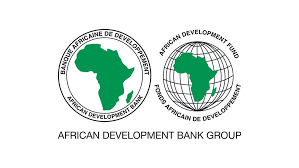
The African Development Bank, the World Health Organization Regional Office for Africa and their partners in the Harmonization for Health in Africa Initiative have published a study on public-private collaboration in the health sector.
The publication provides an assessment tool to assist countries and other interested development partners to identify related constraints and conduct constructive dialogue that enhances partnerships. Insights are offered from Burkina Faso, Malawi and South Africa, where the assessment tool was tested.
Repurposing Agricultural Policies and Support
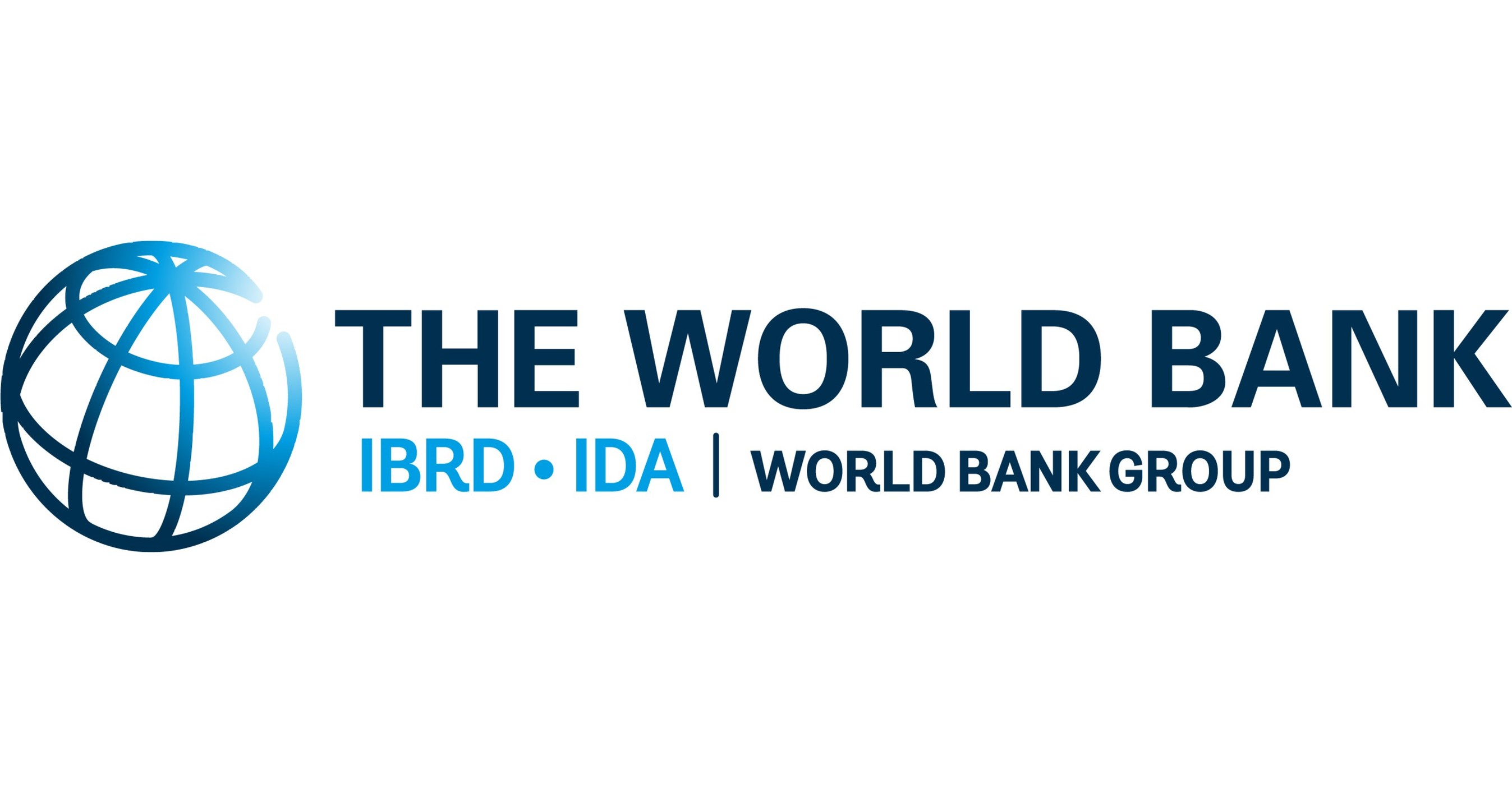
The World Bank has, together with the International Food Policy Research Institute (IFPRI) published a report that proposes to repurpose agricultural policies and support as a way of transforming agriculture and food systems to better serve the health of people, economies and the planet. This is particularly important for Africa due to accute food insecurity across large swathes of the continent, slowed productivity by as much as 40% as a result of climate change and a rising number of poor in Sub-Saharan Africa which serves as a stark reminder of the need for continued attention to rural incomes.
The report finds that repurposing a portion of government spending on agriculture each year to develop and disseminate more emission-efficient technologies for crops and livestock could reduce overall emissions from agriculture by more than 40 percent. Meanwhile, millions of hectares of land could be restored to natural habitats. The economic payoffs to this type of repurposing would be large. Redirecting about $70 billion a year, equivalent to one percent of global agricultural output, would yield a net benefit of over $2 trillion in 20 years.
The Geopolitics of African renewable energy
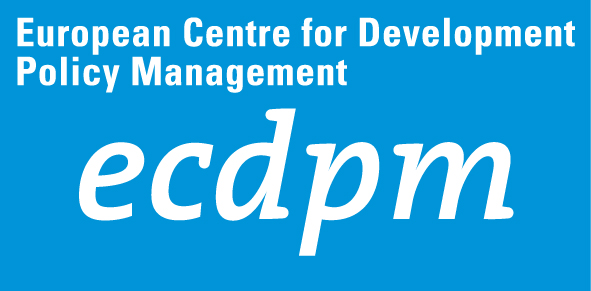
The European Centre for Development Policy Management (ecpdm) has pubished a paper covering the geopolitics of African renewable energy.
For Europe, renewable energy is more than a way to reduce greenhouse gas emissions at home. It is a critical ingredient of the external dimension of the European Green Deal. Green transition in the EU, US and China, fuel a growing perception of competition for the African renewable energy market, and Initiatives like the EU’s Global Gateway are explicitly presented as an alternative to Chinese foreign infrastructure finance.
This paper examines this ‘geopolitical competition’ narrative in EU foreign policy. It looks at short and longer-term trends in African clean energy, the business models of European and Chinese engagement, and addresses some of the persistent myths on (Chinese) infrastructure investment in Africa.
The role of trade in developing countries' road to recovery

A new joint study by the World Bank and the WTO highlights the major role played by trade in reducing poverty but notes that further measures are needed to support developing countries’ use of trade as a tool for growth. The study was presented at an online event on 24 January, with the participation of three ministers from developing countries. “Trade can support a faster recovery from the COVID-19 pandemic, but only if we ensure that everyone can fully participate and benefit from trade,” said Director-General Ngozi Okonjo-Iweala in her opening remarks.
Entitled “The Role of Trade in Developing Countries' Road to Recovery”, the study looks into how international trade can help developing countries recover from the COVID-19 pandemic, strengthen economic resilience to future global shocks, reduce poverty, mitigate carbon emissions and adapt to climate change.
An estimated 100 million people have been pushed into extreme poverty because of the COVID-19 pandemic, note World Bank Group President David Malpass and WTO DG Okonjo-Iweala, in a joint foreword to the study. The current growth of trade is uneven, with women and other vulnerable groups lagging behind. While keeping trade open and global value chains functioning is helping to drive economic recovery, boosting developing countries' capacity to trade will be essential to distribute the gains from trade more widely and to support a transition to a green economy, the study stresses.
Regional organisations in Africa: What are the political economy dynamics?

The European Centre for Development Policy Management (ECDPM) has published research into the political economy dynamics or regional organisations in Africa.
Given the wide array of actors engaged with the African Union (AU) on its many agendas, and oft-cited frustrations among policymakers and their international partners about progress and implementation gaps, ECDPM has been working to understand the Political Economy Dynamics of Regional Organisations (PEDRO).
This research is focused on better understanding, and promoting discussion of, the interests and incentives of the range of different actors who seek to cooperate and integrate around regional agendas and ambitions, including international partners. That means exploring the interaction of a range of actors and factors that shape domestic politics, and how they interact with regional, continental, and international relations.
Russia’s Resurgent Interest in Africa: The Cases of Zambia and Tanzania
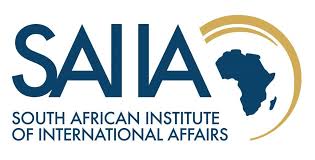
The South African Institute of International Affairs (SAIIA) has published a report covering Russia's increasing influence in Africa and how it intends to pursue its interests.
The Russia–Africa Summit heralded Russia’s new strategy for the continent. Despite the pandemic, Russia has established a number of institutions that should take the implementation of its strategy forward.
Regional Action Group for Africa - Attracting Investment and Accelerating Fourth Industrial Revolution Adoption in Africa
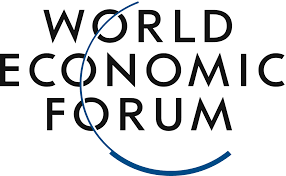
The World Economic Forum's (WEF) Regional Group for Africa has published a White Paper on attracting investment to to the continent and how to accelerate the adoption of the fourth industrial revolution.
Historically, Africa has lagged behind other regions in employing the full potential of previous industrial revolutions, limiting its ability to become a truly competitive market. The pandemic demonstrated the massive leaps made by business, government and civil society during the crisis – showing that sustaining this level of focus and momentum can boost economic growth.
The African Union Fourth Industrial Revolution strategy provides the foundation to ensure the region is able to embrace the opportunities and address the challenges, including inadequate infrastructure and skills. This paper builds on that work, providing direction for policy-makers and investors to consider the mechanisms that can scale up digital transformation. It offers five pathways identified by the World Economic Forum Regional Action group for Africa to drive economic recovery and build resilience, and assesses the role incentives can play in motivating organizations to adopt Fourth Industrial Revolution applications.
Foresight Africa: Top Priorities for the Continent in 2022
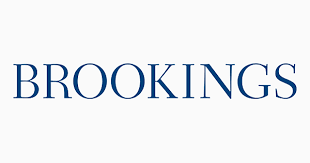
Brookings has published a 2022 Foresight for Africa covering a variety of different factors; Africa's economic recovery, public health, African women and girls, climate change, technological innovations and Africa's external relations.
With this and every iteration of Foresight Africa, they aim to capture the top priorities for the region in the coming year, offering recommendations for African and global stakeholders for creating and supporting a strong, sustainable, and successful Africa. In doing so, they hope that Foresight Africa 2022 will promote a dialogue on the key issues influencing development policy and practice in Africa during the upcoming year. Such ideas will ultimately provide sound strategies for sustaining and expanding the benefits of economic growth to all people of Africa in the years ahead.
Migrants, Markets, and Mayors : Rising Above the Employment Challenge in Africa’s Secondary Cities - Key Insights

The World Bank publishes a working paper that covers employment challenges faced by the rapidly urbanising continent of Africa, internal migration and problems faced by these populations.
In our rapidly urbanizing world, mayors often see migrants as a burden to their city’s labor market and a threat to its development. Drawing on national household surveys and four secondary city case studies in Africa, this study finds that migrants, being younger, better educated and/or complementary to the resident labor force, usually strengthen the urban labor force. In secondary cities, labor market outcomes for migrants are at least as good as those for residents. Migrants also contribute increasingly less to urban population growth. Secondary cities thus appear well placed to leverage migration. This requires good urban management that develops land and labor markets, prepares for growth and benefits everyone, migrants as well as residents. Migrant specific interventions are warranted when divisions between natives and migrants are deep. Strengthening the financial, technical, and planning capacity of towns to better integrate migrants is part and parcel of the good job’s agenda.
Investment Trends Monitor

The United Nations Conference on Trade and Development (UNCTAD) has published its monitoring report on investment trends showing, amongst other developments, a rise in inflows in Africa.
New UNCTAD estimates show that infrastructure finance is up due to recovery stimulus packages, but greenfield investment activity remains weak across industrial sectors.
Global foreign direct investment (FDI) flows showed a strong rebound in 2021, up 77% to an estimated $1.65 trillion, from $929 billion in 2020, surpassing their pre-COVID-19 level, according to UNCTAD’s Investment Trends Monitor published on 19 January.
“Recovery of investment flows to developing countries is encouraging, but stagnation of new investment in least developed countries in industries important for productive capacities, and key Sustainable Development Goals (SDG) sectors – such as electricity, food or health – is a major cause for concern,” said UNCTAD Secretary-General Rebeca Grynspan.




